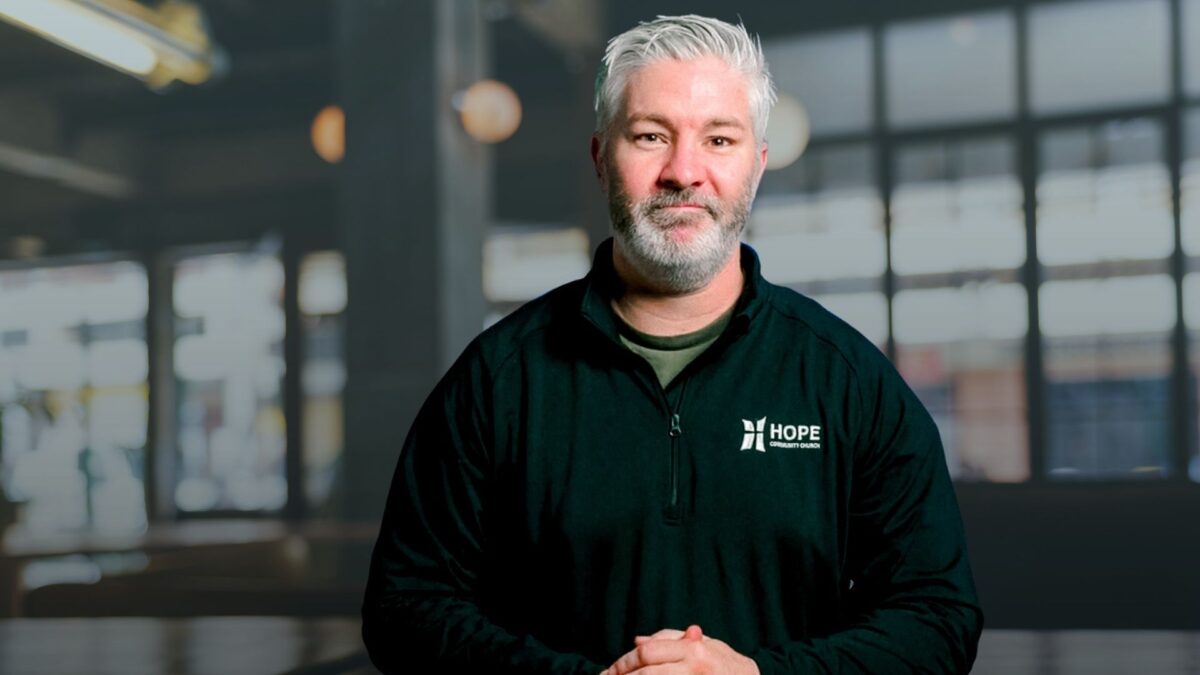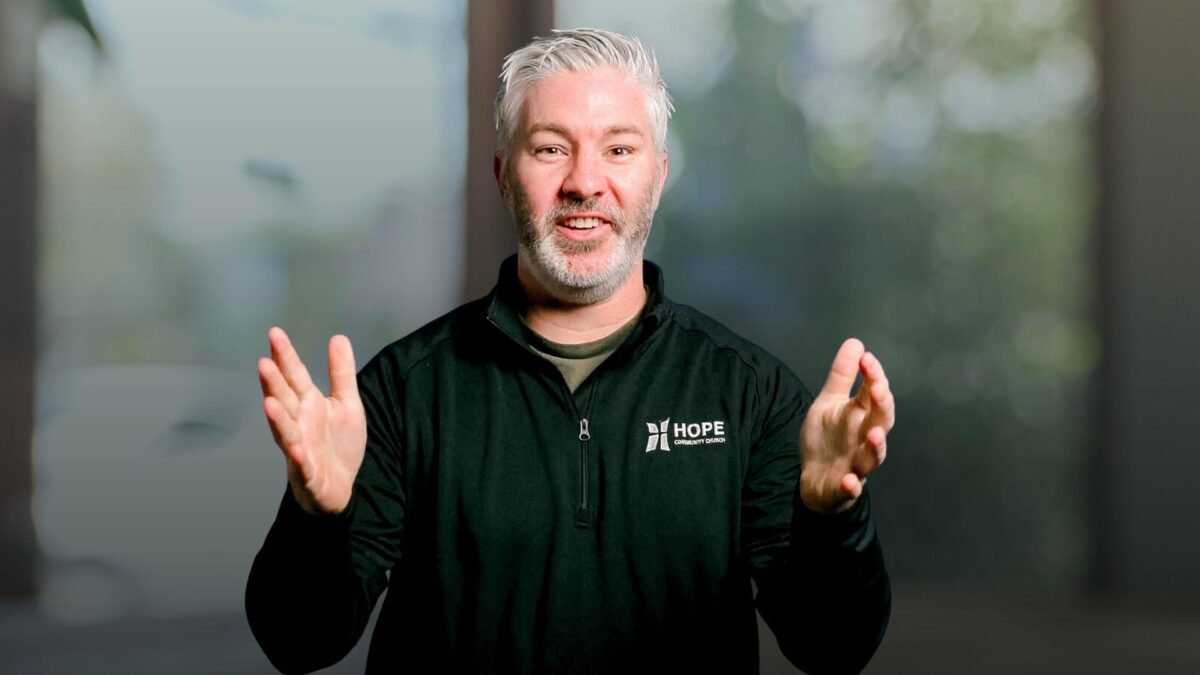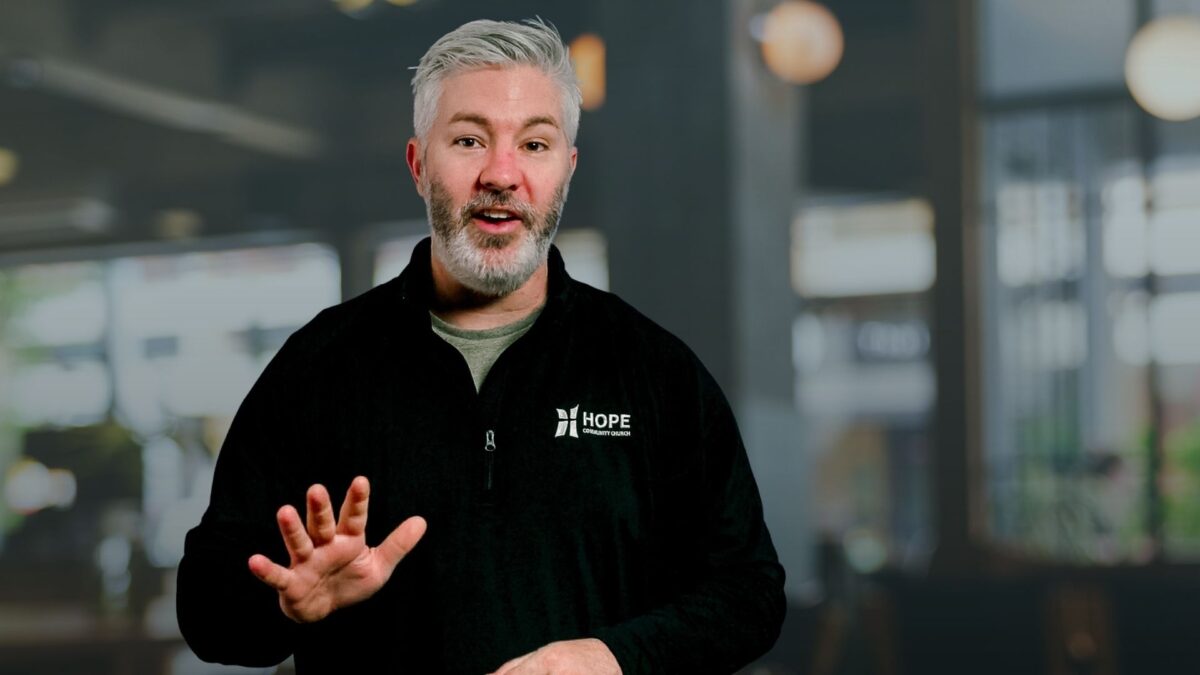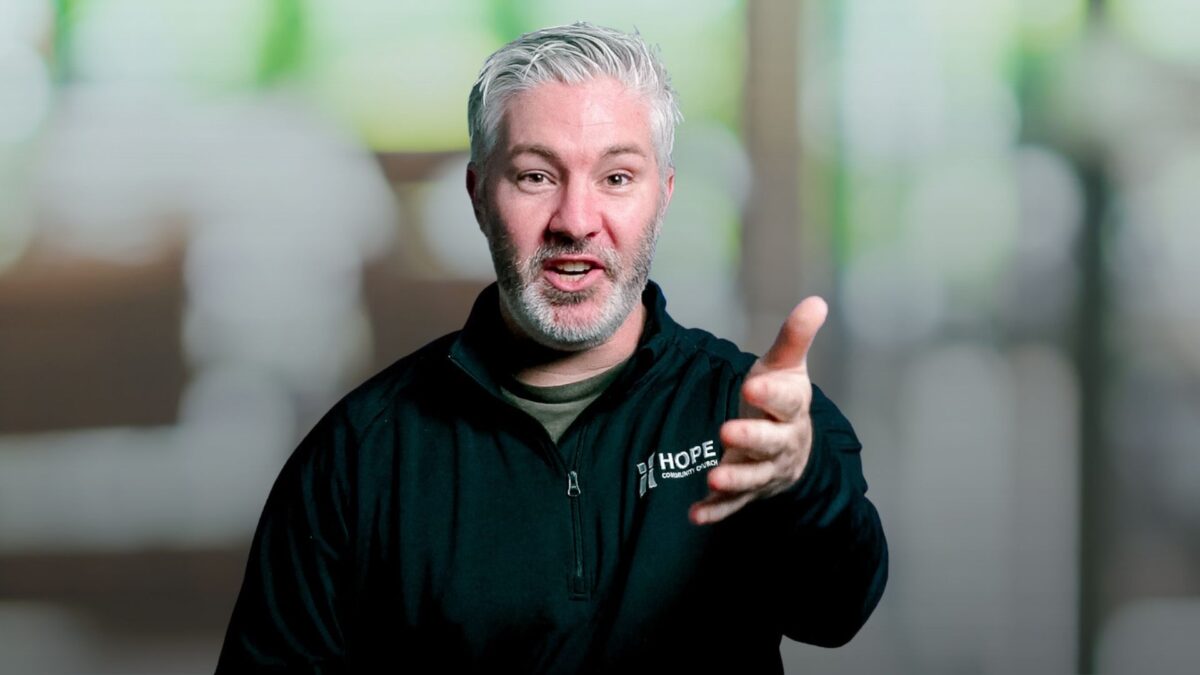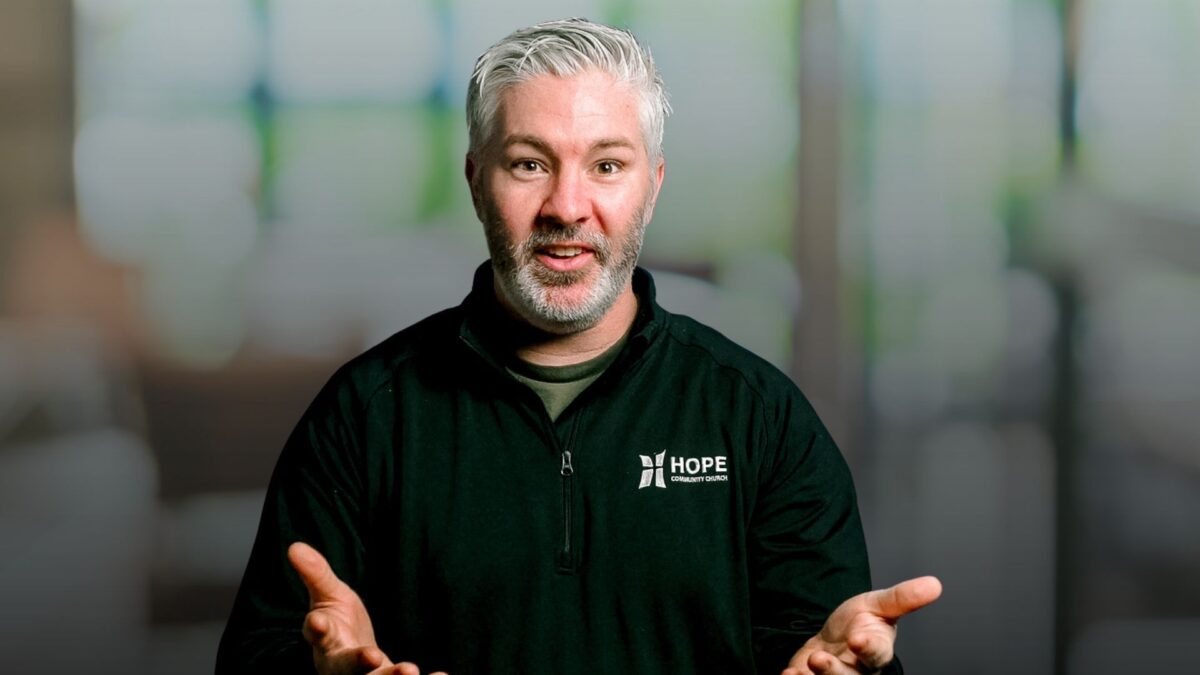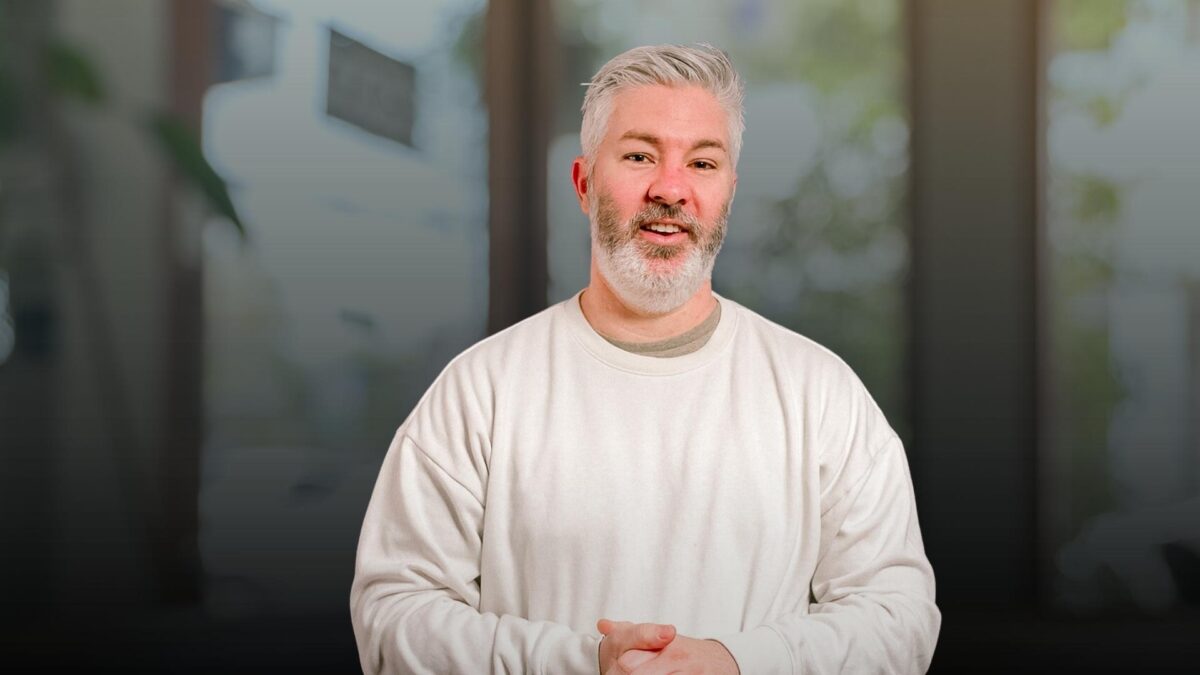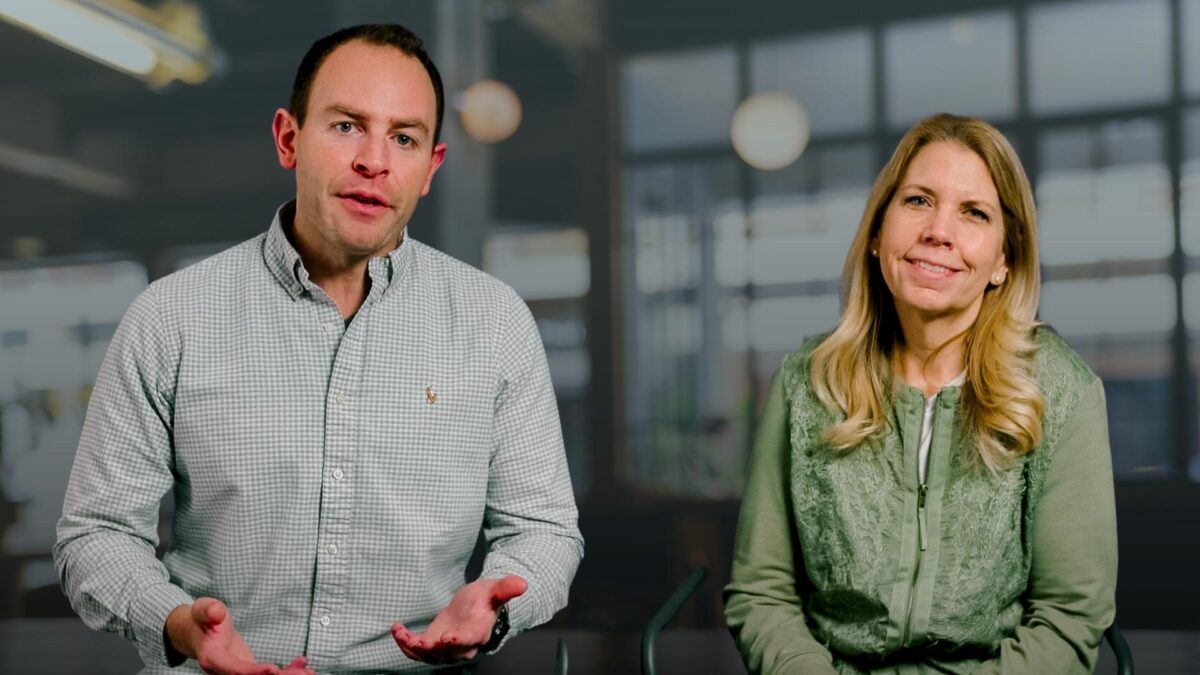Stages: Middle School Years
Fun fact, remember how earlier I said your brain goes through the scientific method twice? Well the second time it happens is during puberty in the middle school years. Again, they have observed the world for years and have formed hypotheses. Now they’re testing those hypotheses and will be forming new conclusions about the world.
And they’re doing all of this while their brain is changing, their bodies are changing, their friend groups are changing, and so much more. Because they and the world around them are changing, your role also needs to change.
In this phase, you are an Unconditional Pursuer and Coach. Do they know that you are devoted to them no matter what? The two questions they need answered by you, whether they verbalize it or not are:
- Who likes me?
- Who am I?
This is an opportunity to call out their attributes that makes them… them. Call out what they are good at and gifted in, often. Let them know you are on their team and that you love them—even if they groan while you do it.
They NEED YOU! But they don’t need the same you they did when they were 7.
In this phase, there is MEDIUM freedom given. As they get older, we want to continue to trust them with a little bit more, and continue the “post game review”. But we are also going to add in an element: The pre-game huddle.
The pre-game huddle prepares them for what they will be walking into.
In both, the huddle and the review, we can reinforce the benefit of learning, of focusing on Integrity and Decision-making, and remind them that in every situation, there is Hope.
